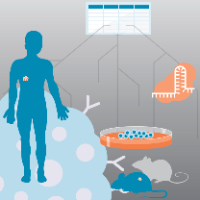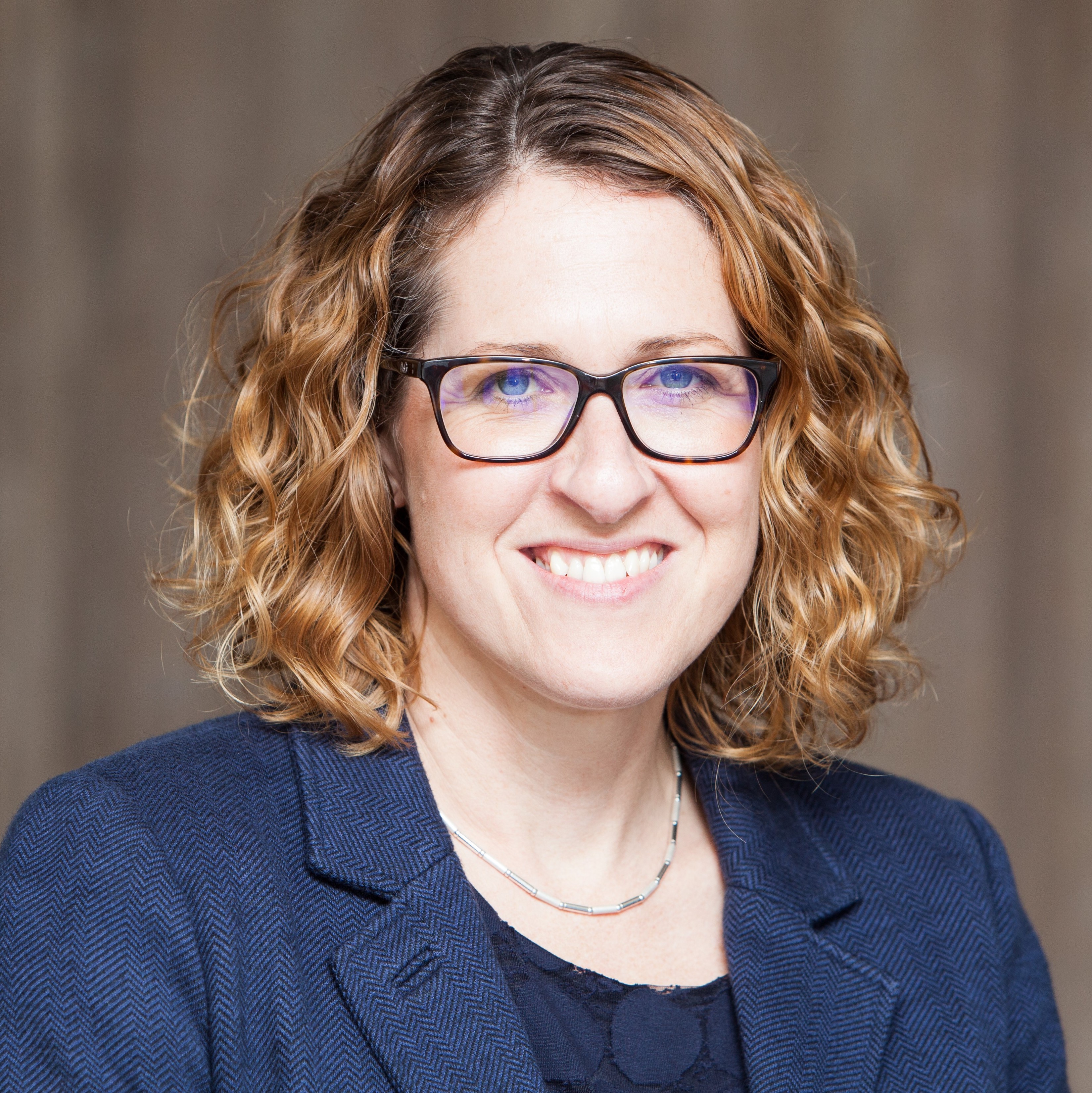Bispecifics come of age: how preclinical tools are helping drive translation to the clinic
Immuno-Oncology Insights 2022; 3(8), 331–337
DOI: 10.18609/ioi.2021.033
Published: 18 June 2022
Interview
Michelle Morrow of F-star Therapeutics discusses the company’s unique approach to creating bispecifics, the evolution of the bispecifics field, and new and emerging nonclinical tools for I-O applications.

